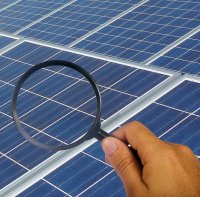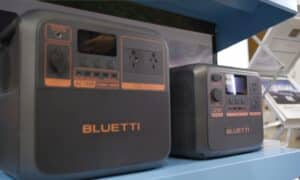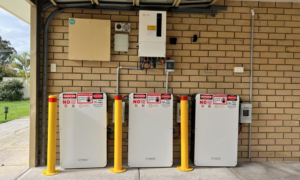What some may have considered as a waste of taxpayer’s money and also a threat to Australia’s solar revolution could be binned.
The Australian Anti-dumping Commission has been tasked with investigating claims of alleged dumping of some solar power panels exported from China.
“Dumping” is a form of predatory pricing, where manufacturers export a product to another country at a price either below the price charged in its domestic market or below its cost of production.
The outcome of this investigation could have resulted in penalties being applied to certain solar panel products, making them more expensive.
The Commission has determined during the period 1 July 2012 to 31 December 2013 (the investigation period) were exported at dumped prices; but that the injury to the Australian industry caused by those exports was negligible.
The “Australian industry” pretty much consists of a single manufacturer, Tindo Solar, the party that instigated the action. Tindo produces alternating current (AC) solar panels, which the Commission describes as “a premium model and priced significantly higher than the imported direct current (DC) PV modules or panels.”
This difference was one of the arguments posed by the Clean Energy Council, which stated in a submission that at that point in time there were “no panels or modules sold on the Australian market that are “identical” to those assembled by Tindo Solar.”
The Commission found dumping margins associated with five manufacturers to be within a range of 2.1 and 8.7 percent, with four of the five at 4% or lower.
The Commission’s Statement Of Essential Facts (PDF) states based on its findings, and subject to any submissions received in response to the document, the Commissioner proposes to terminate the investigation under subsection 269TDA(13) of the Customs Act 1901(the Act)1.
The Australian Solar Council welcomed the outcome.
“It is a win for Australian solar PV consumers,” said the Council’s CEO, John Grimes. “It is a win for common sense.”
The Commission says it is important to note that the Statement Of Facts may not represent the final views of the Commissioner. Interested parties have 20 days to respond to the SEF. The Commissioner will consider these responses before making a final decision to terminate the investigation or to submit a final report to the Parliamentary Secretary.












































